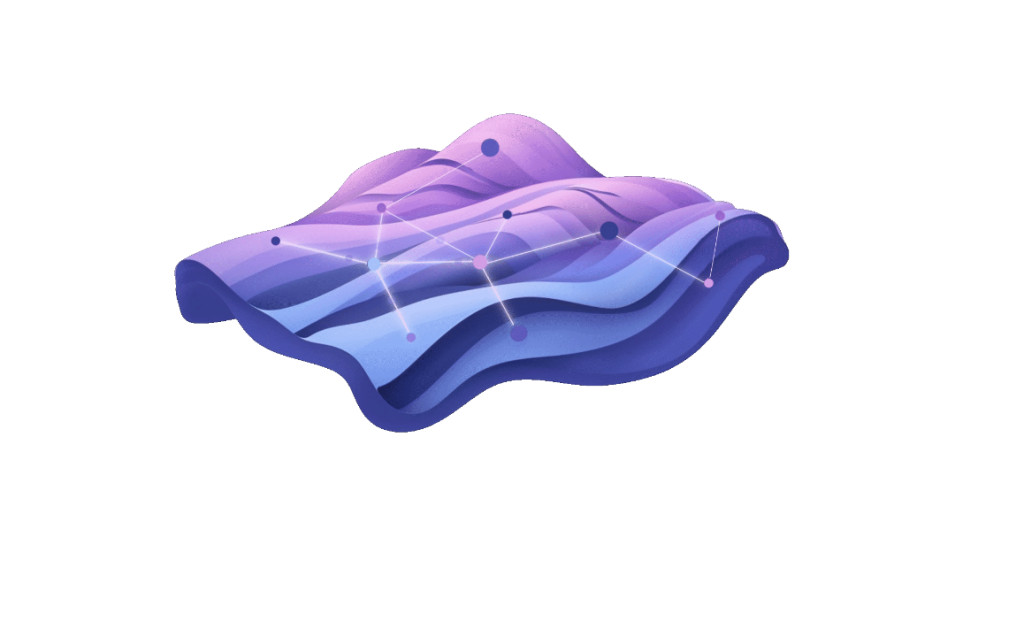The year 2023 witnessed a rapid rise in generative AI, which has led to the development of numerous AI applications designed to tackle various tasks. Despite their power, these tools often face a significant challenge: integration into daily life. Implementing AI into daily routines can be challenging, making it less effective despite its potential.
Meet Fabric, a new open-source framework that has been developed to make integration of AI a little easier. Fabric aims to make AI more accessible and useful by allowing users to apply AI to various aspects of life. It introduces the concept of “Patterns,†which are collections of prompts that can be integrated into different workflows, helping users manage and discover useful prompts more effectively. Fabric follows the approach of breaking down problems into smaller components and then addressing them individually with AI.
Fabric supports various activities, from summarizing long content and extracting key points from media to generating AI art prompts and improving documentation. Fabric shows its flexibility and adaptability by enabling users to create and use custom Patterns. Users can also create custom patterns and save them in a separate directory. These custom patterns can be used like any other Patterns, but they will only be public if the user explicitly submits them as Pull Requests to the Fabric project. It also includes several helper apps to streamline the workflow. One example is the yt command, which extracts transcripts from YouTube videos.
In conclusion, Fabric addresses the key issue of integrating AI into daily life by offering a flexible and user-friendly framework. Its approach to breaking down problems and applying AI in manageable steps makes it a promising tool for enhancing productivity and creativity.
The post Fabric: An Open-Source Framework for Augmenting Humans Using AI appeared first on MarkTechPost.
Source: Read MoreÂ



